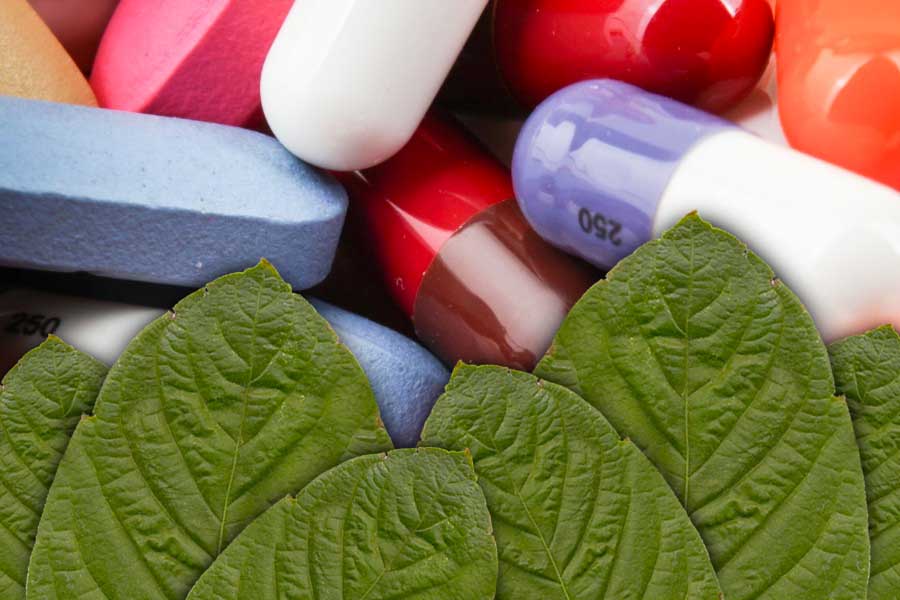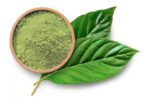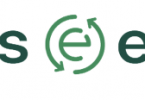Let’s Focus on the Really Bad Culprits: Synthetics
By Robert Engle, World Coalition for Botanical Development (WCBD)
Kratom is a safe, organic herbal supplement made from the leaves of the Mitragyna speciosa tree. The smooth 100-percent-natural leaves, related to coffee, have provided safe and effective relief for hundreds of years as a natural analgesic, muscle relaxer, anti-inflammatory, and antioxidant. Kratom has also made a dramatic difference to those who suffer debilitating anxiety and PTSD. And, millions worldwide have successfully used it to overcome addiction to “hard” drugs that truly are dangerous and illicit.
Some have lumped Kratom into the same category as really bad drugs known as “synthetics,” “research chemicals” and “designer drugs,” These synthetics are labeled “not for human consumption” to mask their intended purpose, and avoid Food and Drug Administration (FDA) regulatory oversight of the manufacturing process.
One such synthetic, known as “Flakka,” is surging in Florida and is being reported in other parts of the country. Early numbers suggest Flakka is poised to strike South Florida like a tsunami, much like the early days of crack cocaine.
We believe that if a product is marked “not for human consumption,” then consumers should not buy it, period. We are well aware of the tremendous toll those in the “bad” drug category have taken on individuals, families and society.
Despite the clear differences with these bad drugs, efforts are underway to prohibit Kratom, a botanical remedy that has a better safety profile than aspirin. Four states have already banned its sale. We were recently involved in successfully stopping a bill to ban Kratom in the Florida House, and we will continue efforts to make sure Kratom is not banned in Florida and other states.
Anything can be abused. But to claim that people can be hooked on Kratom and therefore it should be banned is just not true. It simply isn’t powerful enough. Further, Kratom has had a positive effect on those fighting and coming off of addictions to powerful opiates like heroin.
To ban Kratom on a pharmacological basis is just plain absurd. Let’s focus instead on those substances, synthetics and readily available prescribed drugs, that really do damage. Banning a beneficial, 100 percent natural botanical that is mild habit forming less than coffee nor life threatening doesn’t make sense.
Also posted at






